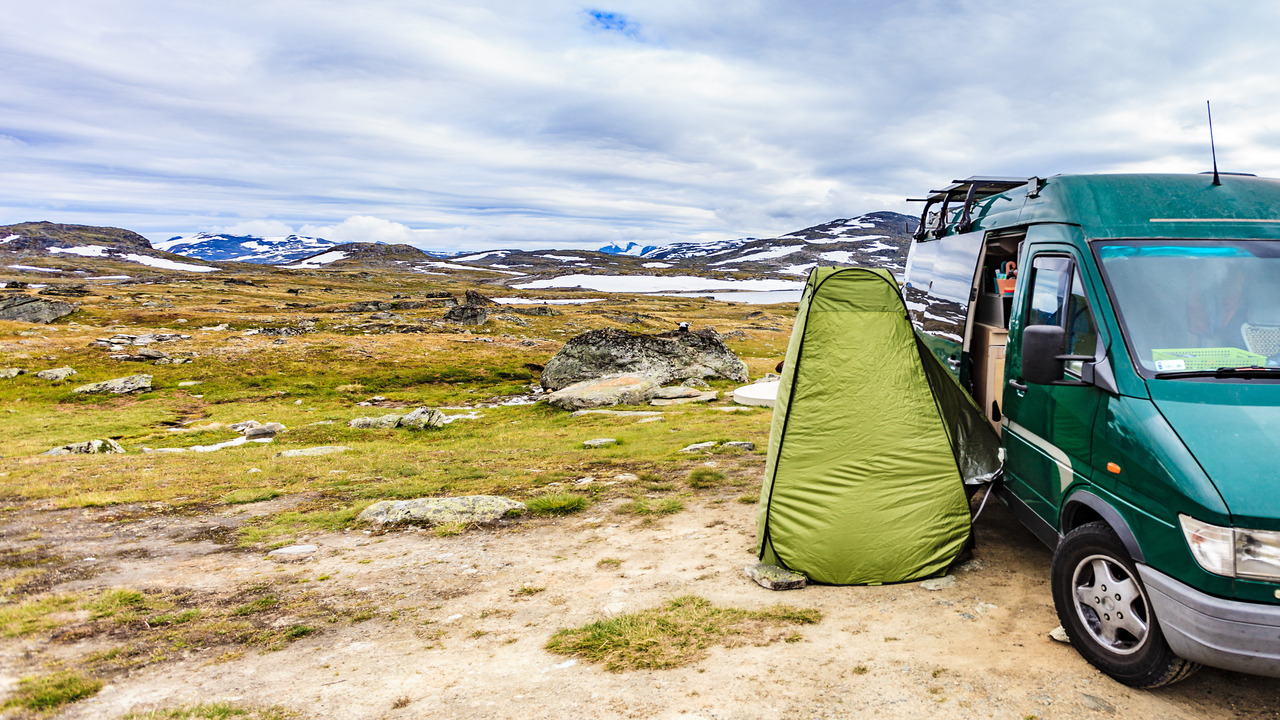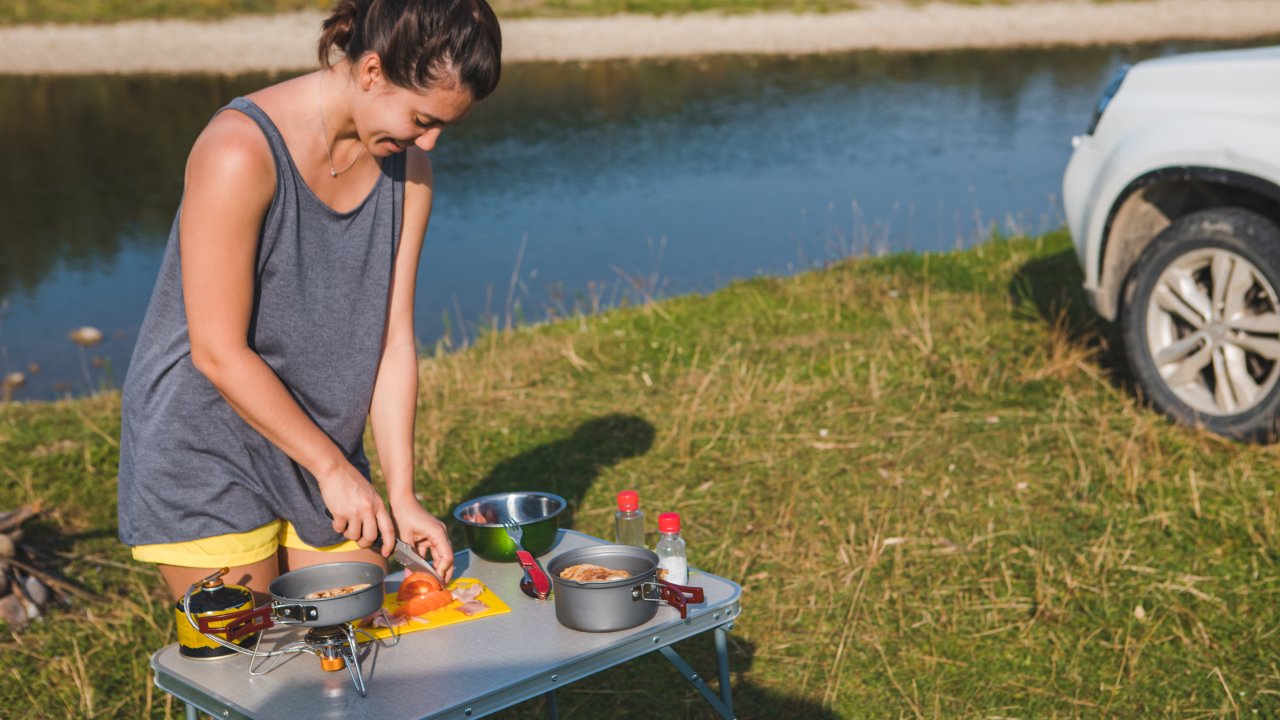Are you considering a camping shower? Explore the benefits, downsides, and types to decide if it’s the right shower solution during camping.
Category: Camping
4 Easy Meals for Off-Road Camping Adventures
Enjoy good food with these easy meals for off-road camping adventures. Check out these simple, flavorful, and fun ideas for your next excursion.
The Most Commonly Forgotten Camping Supplies
You’re in the middle of the wilderness, surrounded by towering trees and the soothing sounds of nature. You’ve got your tent, sleeping bag, and maybe even a cooler full of food. But wait, what about that one crucial thing you forgot? Don’t let this happen to you! Familiarize yourself with the most commonly forgotten camping […]
Tips for Cleaning Your Truck After a Camping Trip
Your family loves outings into the woods to explore the outdoors. Camping trips are perfect for fishing, relaxing by the lake, and roasting marshmallows at night. When the fun inevitably ends, you arrive home to a new set of chores. An important task is fixing up the truck after it braved the wilderness. Use these […]
Activities To Plan for Your Next Camping Trip
With spring finally here, it makes sense that you want to plan your first big camping trip of the season and get back out in the woods. While camping trips are great for sleeping out in nature and enjoying the warmth and comfort of a campfire, there’s so much more to do. Here are some […]





